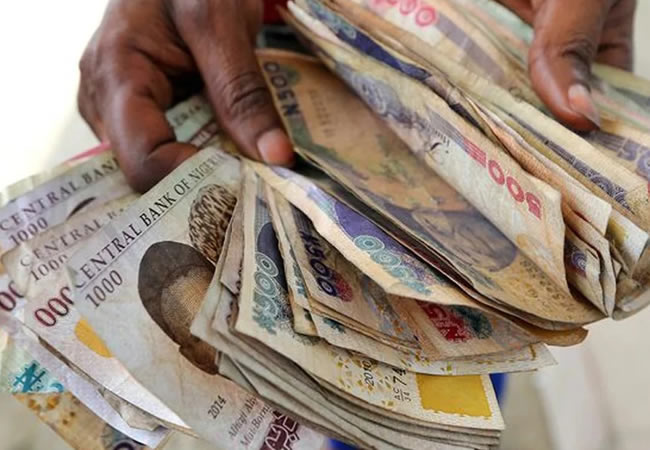The Nigerian federal government has made significant strides in its initiative to bolster the naira by facilitating local sales of crude oil and refined petroleum products using the national currency. This initiative, a cornerstone of President Bola Tinubu’s economic strategy, seeks to stabilize the naira, enhance energy security, and promote in-country value addition within the oil and gas sector. A recent high-level meeting of the Technical Sub-Committee overseeing the policy implementation, chaired by Finance Minister and Coordinating Minister of the Economy, Mr. Wale Edun, revealed substantial progress in the program’s rollout. Reports presented by the Nigerian National Petroleum Company Limited (NNPCL) and the Nigerian Midstream and Downstream Petroleum Regulatory Authority (NMDPRA) detailed the allocated crude volumes for domestic refining and the production output from the Dangote Petroleum Refinery and Petrochemicals, respectively, showcasing tangible results from the initiative.
The positive momentum surrounding this initiative is a testament to the collaborative efforts of various government agencies and private sector stakeholders. The meeting brought together key players, including the Special Adviser to the President on Energy, senior NNPCL officials, local refining operators, and representatives from regulatory bodies such as the NMDPRA, the Nigerian Upstream Petroleum Regulatory Commission (NUPRC), and the Nigerian Ports Authority (NPA). This collaborative approach ensures alignment and synergy in driving the seamless execution of the policy. Minister Edun commended the inter-agency cooperation and reaffirmed the government’s unwavering support for the initiative’s complete implementation.
The significance of this initiative lies in its potential to address several critical economic challenges facing Nigeria. By transacting crude oil sales in naira, the government aims to reduce pressure on the US dollar, a move expected to stabilize the exchange rate and potentially strengthen the naira. This strategy also aims to mitigate the volatility of petroleum product prices, shielding consumers from fluctuating global oil prices and ensuring a more stable domestic market. Moreover, promoting local refining capacity contributes to national energy security by reducing reliance on imported refined products. The initiative further stimulates in-country value addition within the oil and gas sector, fostering economic growth and job creation.
The journey of this naira-for-crude initiative has not been without its challenges. A previous agreement was temporarily suspended in March 2025 due to a mismatch between the Dangote Refinery’s sales proceeds in naira and its crude oil purchase obligations, which were denominated in US dollars. This discrepancy created a financial strain on the refinery, leading to a temporary halt in naira-denominated sales. However, under the new NNPCL leadership, the agreement was revived, and crude sales in naira resumed, subsequently leading to a reported drop in petrol prices.
The Federal Executive Council’s directive in July 2024 mandating the NNPCL to sell crude oil to local refineries in naira, including the Dangote Refinery, further solidified the government’s commitment to this policy. This directive underscores the strategic importance of transitioning to local currency transactions for crude oil, reflecting a broader effort to strengthen the naira and promote domestic economic stability. Experts concur that this shift away from dollar-denominated transactions will significantly reduce pressure on foreign exchange reserves and contribute to a more stable and predictable pricing environment for petroleum products.
The positive outcomes observed thus far, including the reported drop in petrol prices following the resumption of naira-denominated crude sales, suggest that the initiative is on the right track. The collaborative spirit among stakeholders, coupled with strong government backing, lays the foundation for successful implementation. As the initiative progresses, continuous monitoring and adjustments will be crucial to ensure its long-term effectiveness in achieving its core objectives: strengthening the naira, bolstering energy security, and promoting local value addition within Nigeria’s crucial oil and gas sector. The success of this initiative holds significant promise for Nigeria’s economic stability and future growth.


